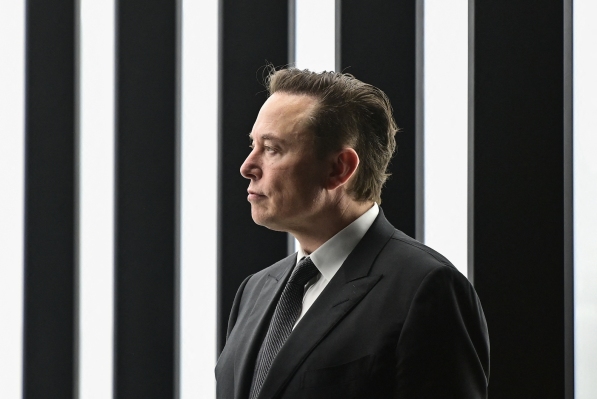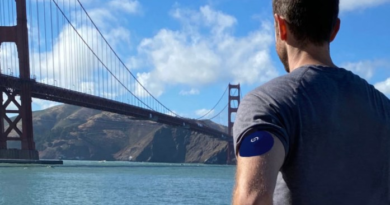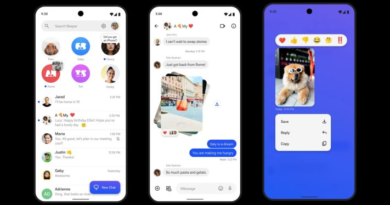Elon Musk, Tesla found not liable in ‘funding secured’ tweet lawsuit

Elon Musk was found not liable in a class-action securities fraud trial that centered on the Tesla CEO’s now infamous “funding secured” tweet.
After less than 90 minutes of deliberation, a jury announced the verdict in the trial that kicked off three weeks ago in San Francisco. The outcome of the trial sent Tesla shares up about 1.5% in after-hours trading to $189.98.
Musk tweeted Friday following the jury’s verdict: “Thank goodness, the wisdom of the people has prevailed! I am deeply appreciative of the jury’s unanimous finding of innocence in the Tesla 420 take-private case.”
The central question in the lawsuit was whether Musk was liable for losses suffered by shareholders after he posted in August 2018 several messages on Twitter that he had secured funding to take Tesla private. Musk initially tweeted “Am considering taking Tesla private at $420. Funding secured.” Another pair of tweets soon followed: “Investor support is confirmed. Only reason why this is not certain is that it’s contingent on a shareholder vote” and then another stating that he doesn’t have a controlling vote now and “wouldn’t expect any shareholder to have one if we go private.”
Plaintiffs’ attorneys representing investors argued that these shareholders suffered financially as a result. Musk, Tesla and its board, faced billions of dollars in damages.
The trial was not to determine whether those tweets were true. That question had already been answered. Edward M. Chen, the federal judge overseeing the case, ruled that the tweets were untrue and Musk was reckless for posting them.
The three-week trial was largely a tug-of-war over language and intent.
Attorney Nicholas Porritt, who made closing arguments for the plaintiffs, argued that when Musk posted the tweets the company was nowhere near reaching a deal to go private, citing emails and texts to prove there was not an agreement or even a framework to reach one.
“To Elon Musk, if he believes it even just thinks about it, then it’s true no matter how objectively false or exaggerated it may be,” Porritt said. “That may work in his businesses. That’s not an issue for this trial. But it does not work in securities markets or public companies. Securities markets have rules governing what you can and cannot say. And one of those basic rules is that what you say must be true and accurate.”
Alex Spiro, who represented Musk, countered, stating throughout his closing arguments that funding was not the issue at all and Musk knew he could attain it if needed. Instead, Spiro pointed to a blog post several weeks after Musk’s tweets explaining that Musk would not take Tesla private because existing shareholders believed it was better off as a publicly traded company.
While Musk avoided a hefty bill in damages, the funding secured tweet has cost him.
The U.S. Securities and Exchange Commission filed a complaint in September 2018 alleging Musk lied when he tweeted that he had “funding secured” for a private takeover of the company at $420 per share. The complaint was filed after Musk and Tesla’s board abruptly walked away from an agreement with the SEC. The board not only pulled out of the agreement, it issued a bold statement of support for Musk after the charges were filed.
A settlement was eventually reached anyway, albeit with stiffer penalties than the original agreement. Musk agreed, in the settlement reached on September 29, to step down as chairman of Tesla and pay a $20 million fine. Tesla agreed to pay a separate $20 million penalty.




